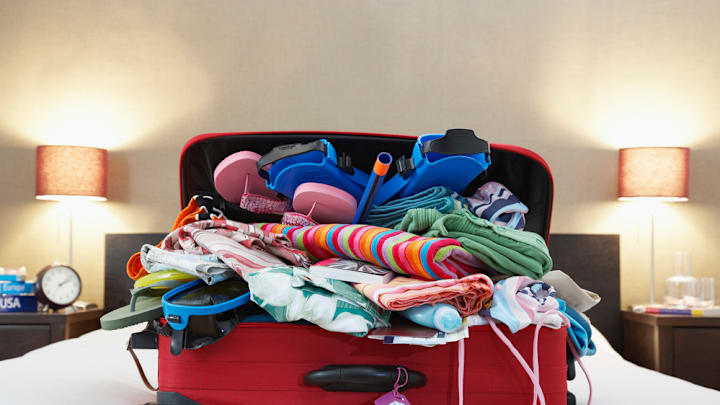How I Learned to Travel with Less

Before I learned to travel light, I was the kind of person who packed for every possibility. What if it rained? What if there was a surprise formal dinner? What if I needed five pairs of shoes for a three-day trip? I stuffed my suitcase with backup plans and contingencies, only to spend most of the trip lugging around things I never used.
Eventually, all that extra baggage—both physical and mental—began to feel like a weight I was tired of carrying. So I started experimenting. On one trip, I packed only a carry-on. Then, only a backpack. Slowly, I began to unlearn the idea that preparedness meant overpacking. What I gained instead was clarity, freedom, and a deeper connection to the places I visited.
Realizing What I Didn’t Need
The shift didn’t happen overnight. It began with noticing how much of what I packed never left my bag. That bulky hairdryer in a hotel with one already provided. The stack of books I brought but didn’t crack open once. The third pair of jeans I packed “just in case.”
The irony? The fewer things I used, the more aware I became of how much I was hauling around unnecessarily. I realized that most of what I packed was about comfort, control, or appearance—not need. Letting go of those extras became less about simplifying and more about trusting that I could navigate the unknown without overpreparing for it.
Learning the Art of the Edit
Learning to travel with less meant learning to edit—not just what I packed, but how I thought. I started asking different questions:
Instead of “What if I need this?” I asked, “What if I don’t?”
Instead of planning for every scenario, I packed for my actual plans, not my imagined emergencies.
Instead of packing outfits for how I wanted to feel, I brought clothes I already felt comfortable in.
Editing wasn’t just about subtracting. It was about making intentional choices. I chose multi-purpose items, lightweight fabrics, and pieces I could wear more than once. I started packing less but packing smarter. And not once did I wish I’d brought more.
Discovering Freedom in Mobility
When I packed light for the first time, the difference was immediate. I breezed through airports. I didn’t worry about lost luggage. I walked farther, more freely, without dragging a heavy suitcase behind me.
There was freedom in knowing I could carry everything I needed on my back. It made travel feel more fluid, more spontaneous. I could change plans, catch last-minute trains, explore without being weighed down. With fewer belongings came more space for presence and spontaneity.
Redefining What It Means to Be Prepared
What I once called “prepared” now feels like overcompensation. I used to pack for reassurance, as if things wouldn’t go wrong if I had the right gear. But things still went wrong sometimes. Flights were delayed. It rained anyway. But I figured it out—with less.
Traveling with less taught me that preparedness isn’t about anticipating every possible need. It’s about trusting your ability to adapt, to improvise, to be resourceful with what you have. That lesson spilled into other areas of my life, too. I decluttered my home. I questioned what I truly needed in my routines. I began valuing utility over excess.
The Souvenirs That Matter Most
When I stopped packing so much, I started bringing home more of the things that mattered—not trinkets, but memories. Conversations, sensations, and stories took the place of heavy bags.
I remember a moment in Lisbon, walking uphill toward a lookout with nothing but a small daypack. I remember how light I felt. How unencumbered. How present. I wasn’t worried about what I left in the hotel or whether I’d packed the right shoes. I was just there.
The Takeaway: Less Baggage, More Experience
Traveling with less didn’t just make logistics easier. It made the experience richer. I traded excess for ease, weight for lightness, and stuff for space—space to move, to breathe, to be.
Now, I pack less not because I have to, but because I want to. I want to be nimble, focused, and present. I want to arrive not weighed down by what I brought, but open to what I’ll find.
Because in the end, the best kind of travel doesn’t require a heavy bag—just an open mind and a willingness to let go.